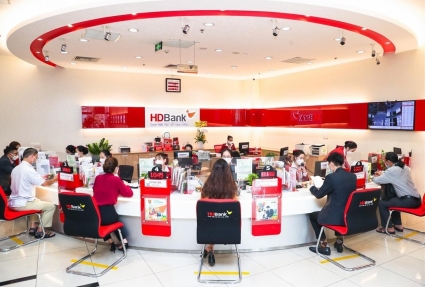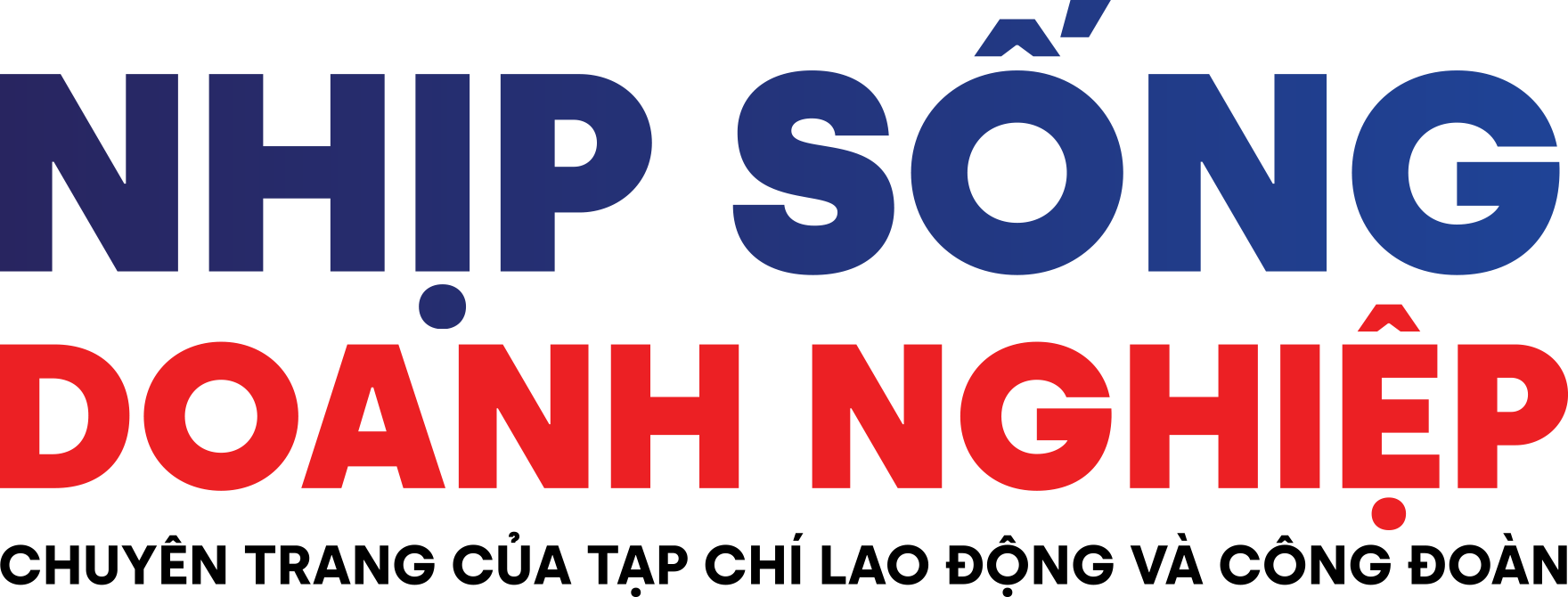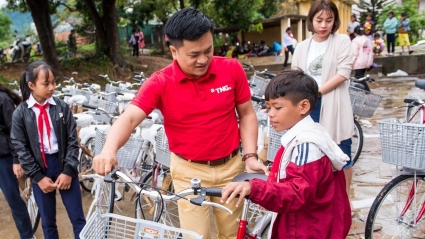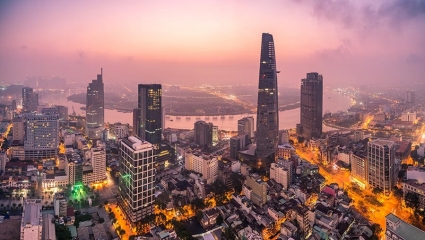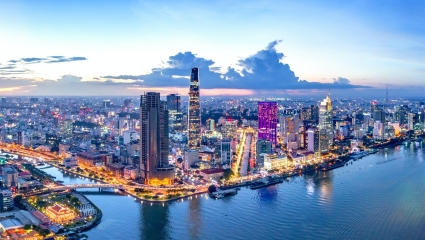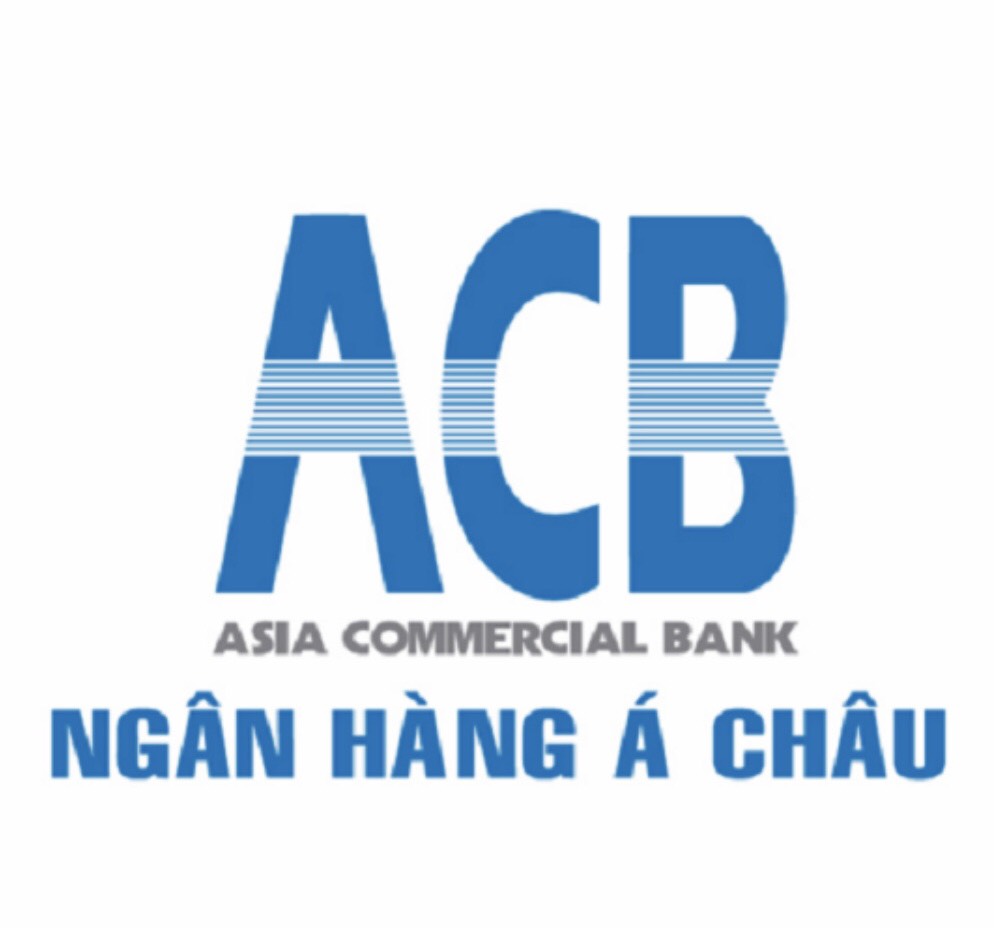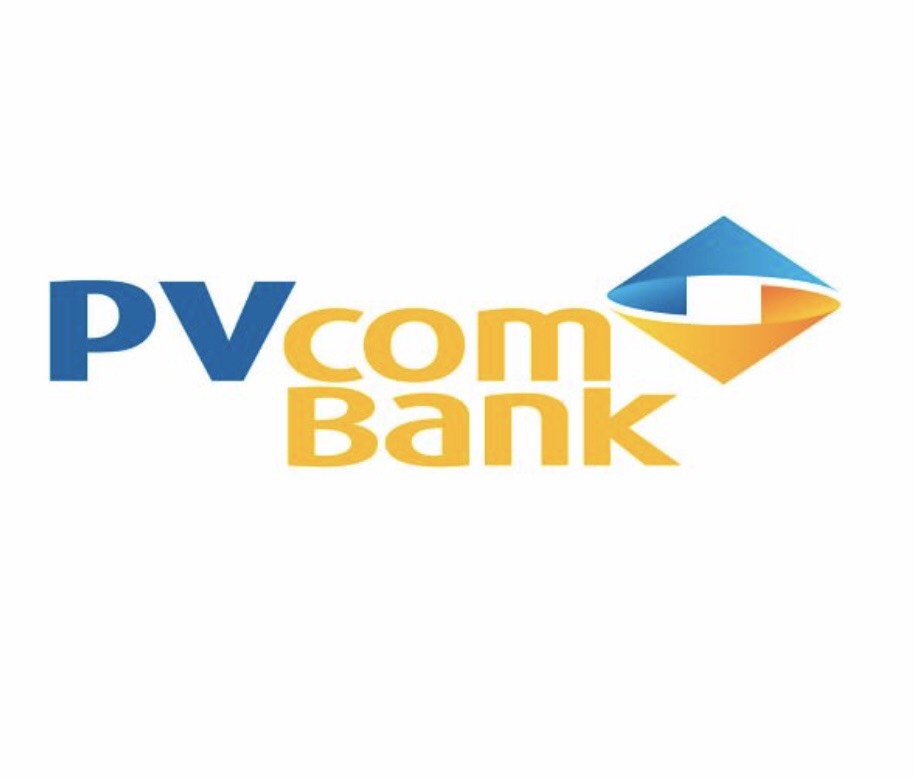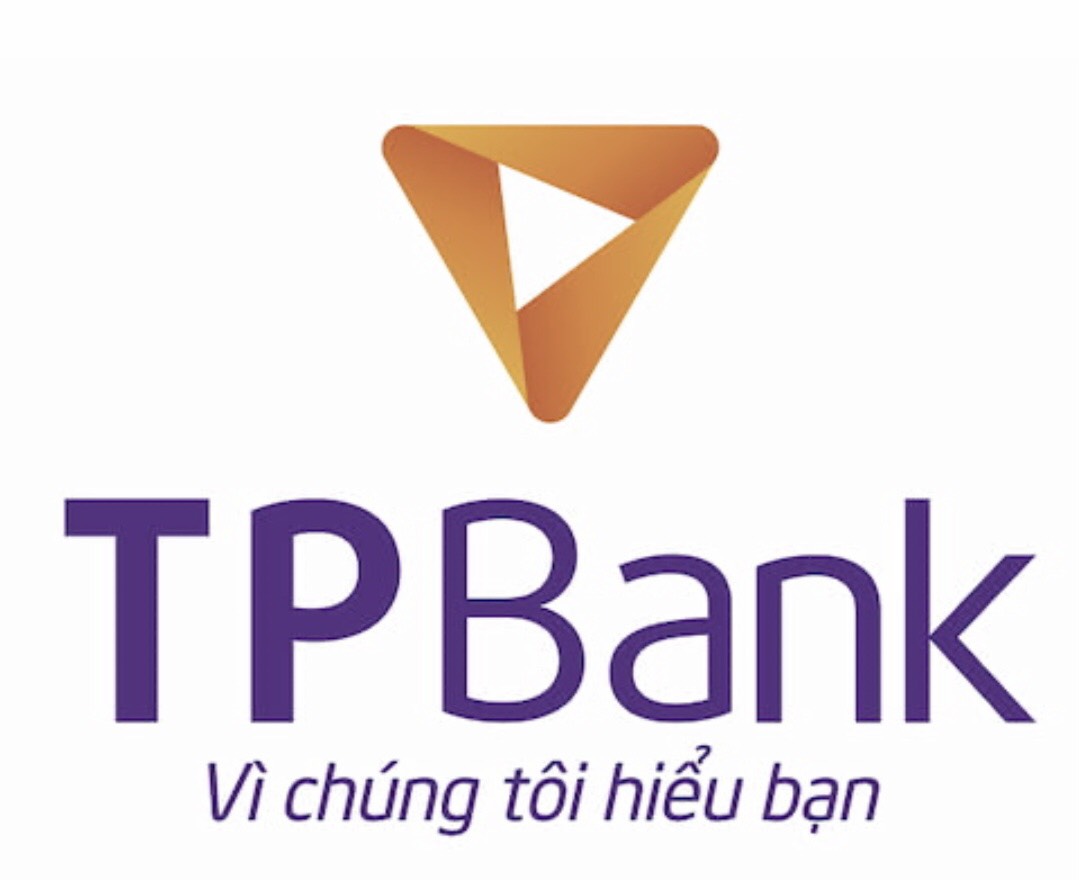Unilever Vietnam to Recognise and Support Female Informal Waste Collectors
The commitment to plastic waste management
Plastic waste pollution has become a global problem. Besides affecting the landscape and habitat, plastic waste has been threatening the ecosystem including humans, animals and plants.
According to the Food & Agriculture Organisation of the United Nations (FAO) in Vietnam, Vietnam is in the top 10 countries responsible for about 13 million tons of plastic waste discharged into the ocean each year.
However, banning the plastic use is not the solution as plastic is an optimal material for packaging and transportation as well as other activities in our daily life and economy while emitting less greenhouse gases than other materials.
The key point is to bring plastic back to serve the economy, turn plastic waste into a renewable resource, and prevent plastic waste from remaining in the environment – on land and in the ocean.
“Along our sustainable development journey, Unilever pays special attention to the goal of building a waste-free world through strong commitments in plastic waste management,” said Ms. LeThi Hong Nhi – Head of Communications and Corporate Affairs at Unilever Vietnam.
Leadded, Unilever Vietnam pledges all of the company’s packaging will be recyclable, and will reduce the amount of virgin plastic in packaging production by half through absolute reduction and the increase in post-consumer recycled plastic by 2025. At the same time, the business will also collect and process more plastic waste than the packaging amount sold on the market - underpinningto create a cycle for plastic waste.
For environment and women
According to the United Nations Development Program (UNDP), it is estimated that more than 30% of waste in Vietnam is collected through informal channels. Therefore, the informal waste collector workforce plays an important role in the plastic waste segregation and collection system that Unilever Vietnam has been driving. In addition, most people joining in this scope of work are women, which evokes another aspect regarding women's empowerment in Vietnam.
It is since 2021 that Unilever Vietnam, along with the partner VietCycle, has pioneered to implement“The Plastic Reborn” program, aiming to plastic waste segregation at source and collection to promote the Circular Economy model, meanwhile improving working condition, occupational safety, health and life for female informal workers in the value chain.
This initiative has successfully built a collection system in Hanoi throughrecruiting and building on-street collection agents, large collection stations, and an labour network of more than 1,200 informal waste collectors. The program has also segregating and collecting over 12,000 tons of plastic waste.
Additionally, the program has implemented training and communication activities to collection associations, collection stationsand informal waste collectors, helping themwith information about hygienic condition, labor safety, and protective equipment for the plastic waste collection process. This supports to improve health and living condition for the collectors.
“Most of the labor force involved in waste segregation and collection are women. They are the environment ‘ambassadors’, a force fora cleaner and better country by protecting the environment,” said Unilever Vietnam Head of Communications&Corporate Affairs at the recognition event for female informal waste collectors.
Therefore, facilitatingfemale labourers to participate in the program contributes to empowering women through giving them opportunities to develop and create positive added values for society and the community, thereby improving women’s social and family status, contributing to driving the gender equity commitment, which is among Unilever’s essentialpledgesin the sustainable development strategy that the company has pursued.
As one of the informal waste collectors participating in Unilever Vietnam's program “The Plastic Reborn” in Hanoi, Ms. Bui Thi Chin from Nam Dinhshared:“Informal waste collection is a jobwith neither fixed working time nor stable income. We also ‘make friend’ with waste every day, but wepaid little attention to hygiene. Since joining the program, my colleagues and I have been supported with labor protection equipment to protect our health. We are very grateful and hope that more women like us will also be able to participate in this program.”
Ms. Nguyen Thi Van, another informal waste collector from Hanoi, also shared about herparticipation in the program: “In the past, I only sorted and collected waste by way of habit. But since joining the program, I have been guided on how to properly classify each type of waste to help better waste treatment later. I also have chance to meet and share my feelings with other colleagues, being provided with hygiene products in training programs, understanding the role of the job that I am doing, so all affliction seems to disappear.”
Các tin khác
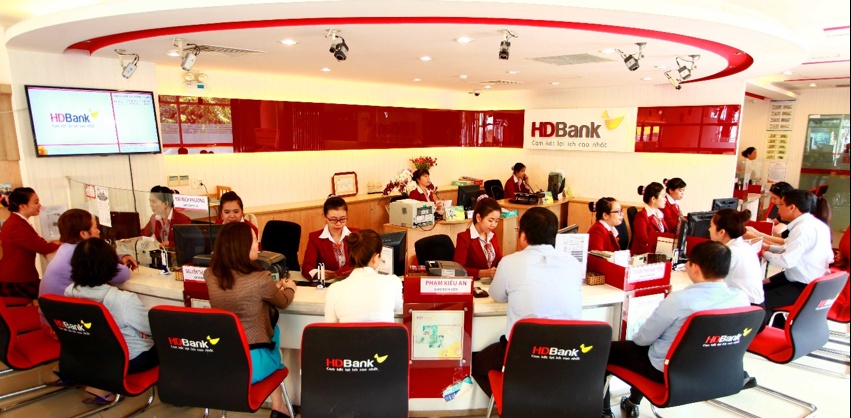
Tough year expected for banks in 2023
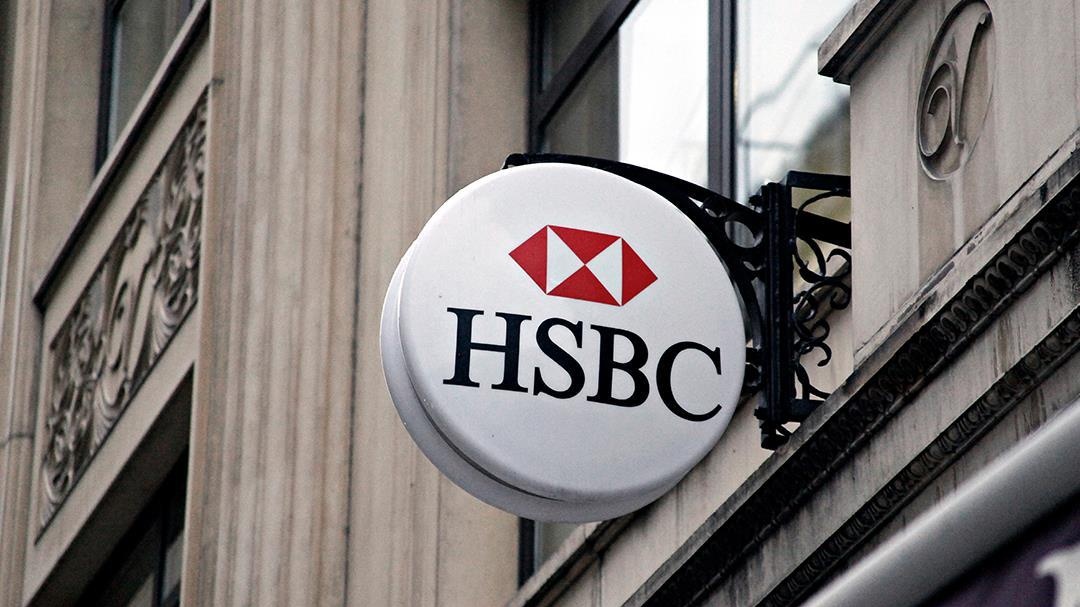
Vietnam’s Hiking Cycle Under Way, HSBC Says
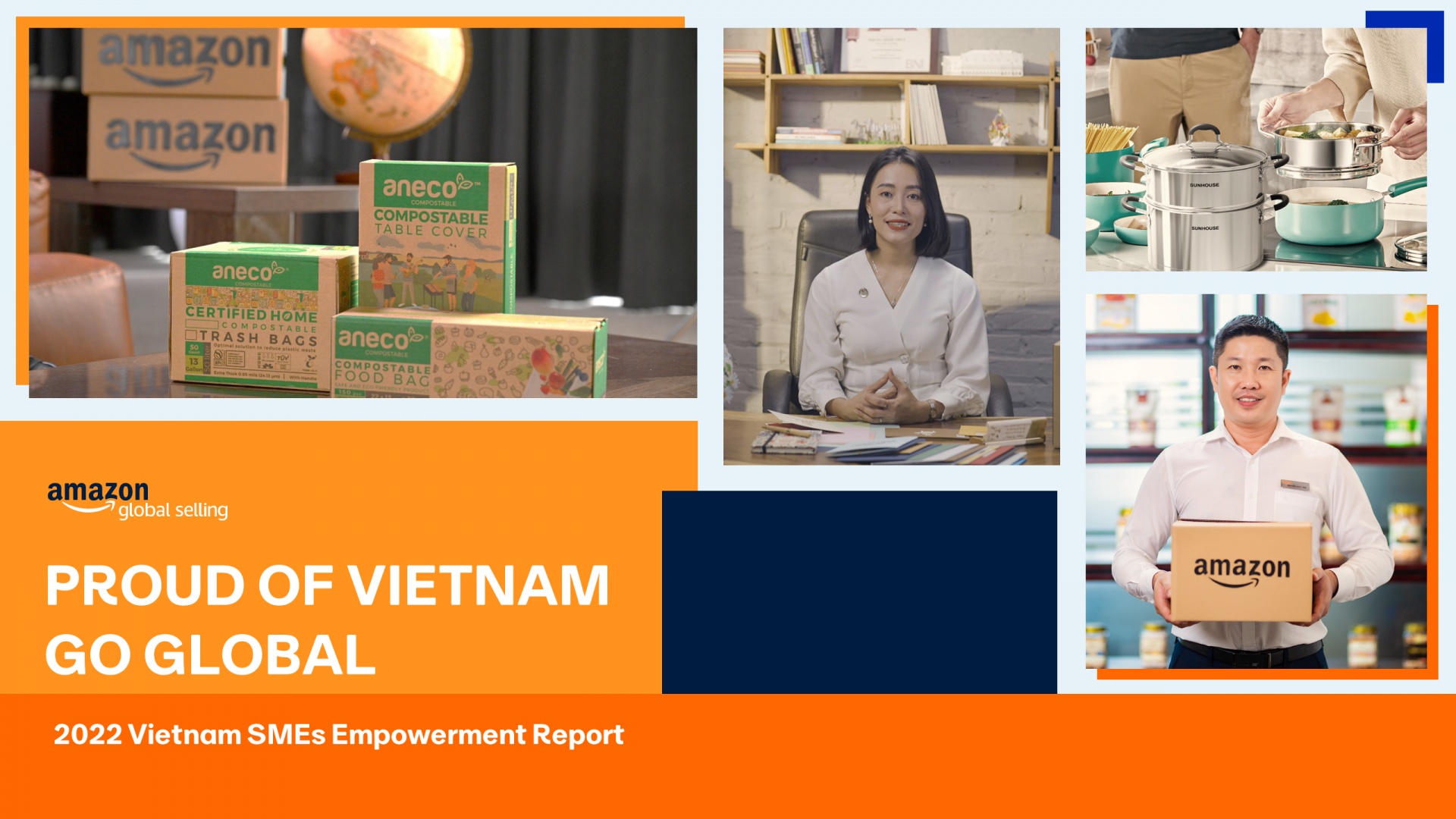
Amazon Global Selling Vietnam Reveals its 2022 Vietnam SMEs Empowerment
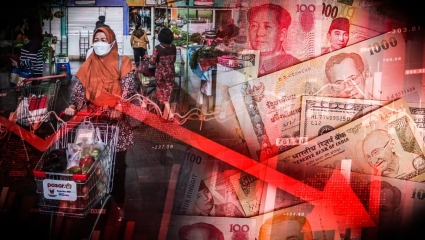
Asia Economies to Benefit from China’s Opening in Second Half 2023
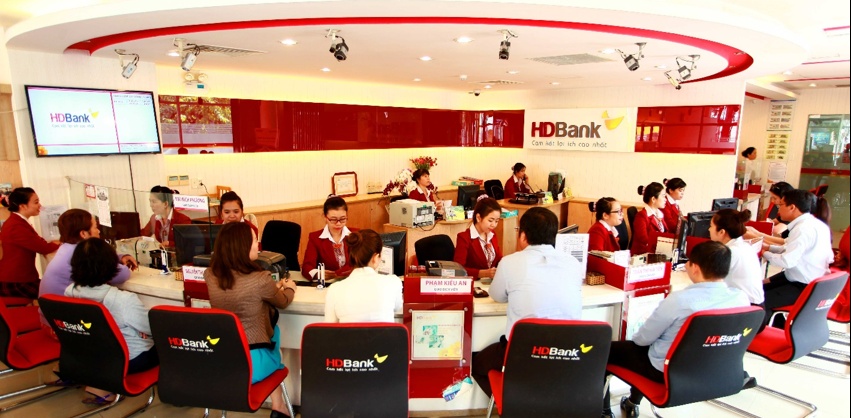
One More HDBank Leader Registered to Buy HDB Shares
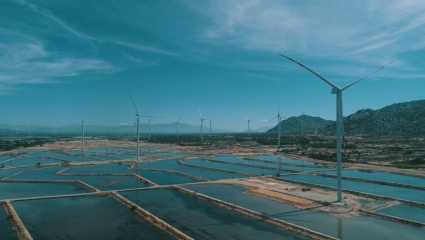
Sign of a Loan Agreement for Ninh Thuan Province Onshore Wind Power Project
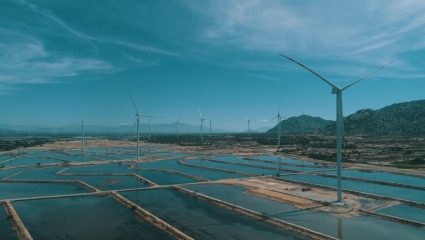
ADB, BIM Wind Sign $107 Million Financing Package to Support Wind Energy in Viet Nam
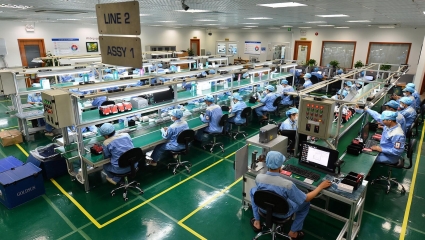
International Agreement to Support Vietnam’s Ambitious Climate and Energy Goals
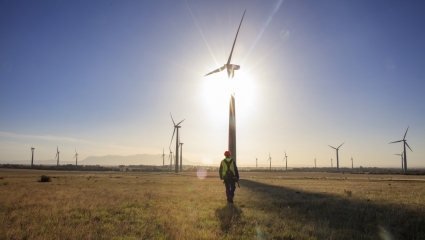
Vietnam to Receive $15.5 billion for Energy Transition
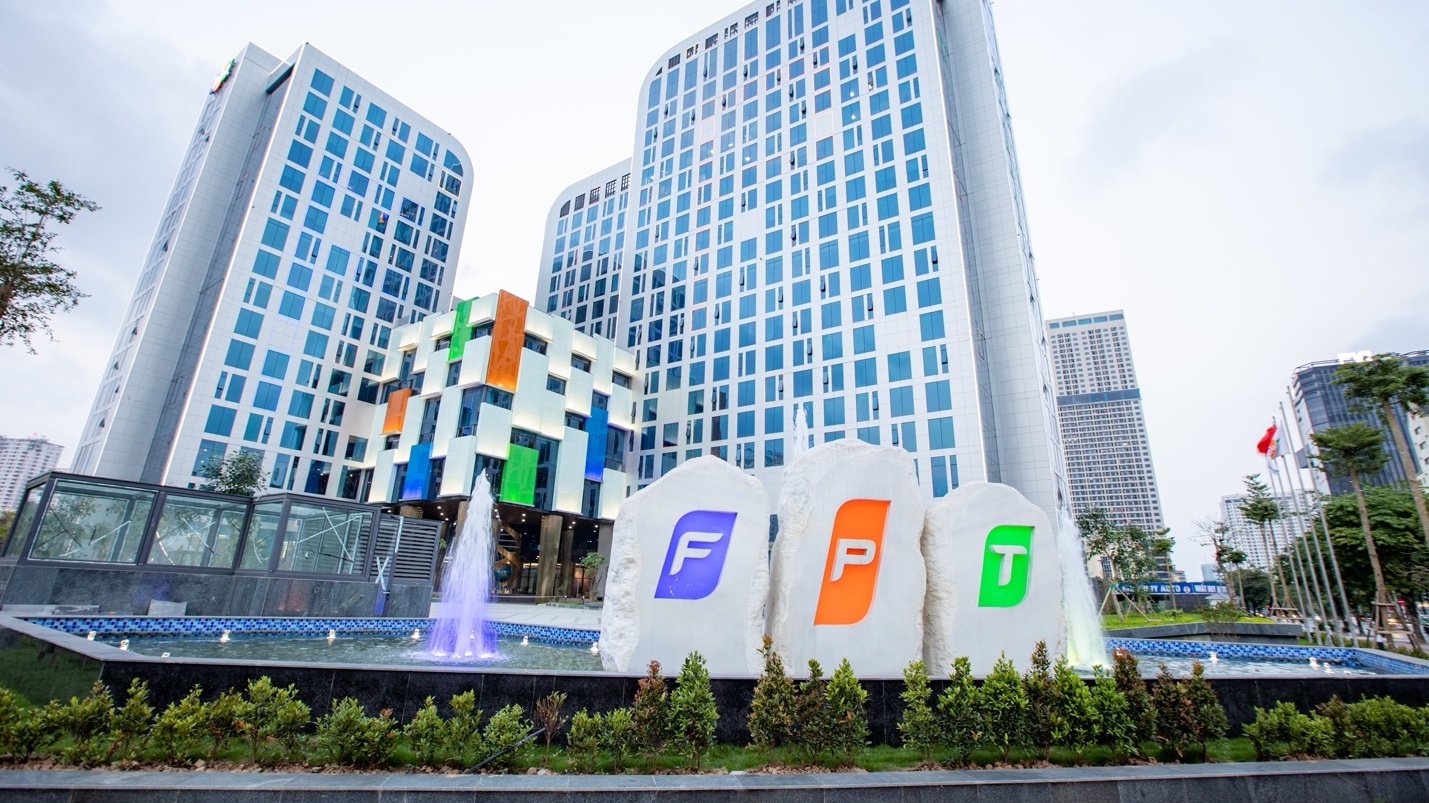
FPT Announced Business Results in the 11 Months of 2022
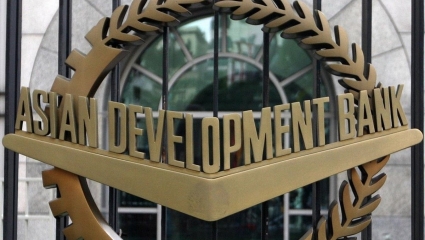
ADB Lowers Growth Forecast for Developing Asia amid Global Gloom
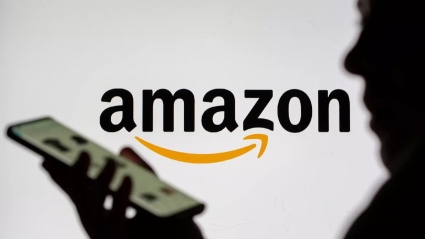
Amazon Announces its Biggest Holiday Shopping Weekend Ever
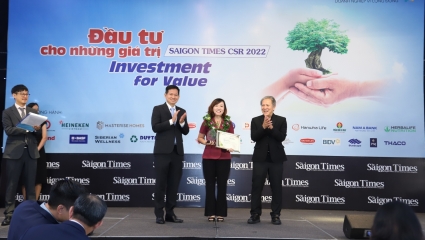
Unilever Vietnam to Consolidate the Position in Circular Economy
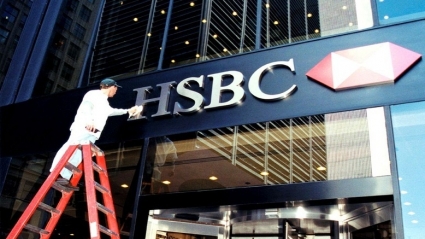
HSBC: The Vital Role of Voluntary Carbon Markets
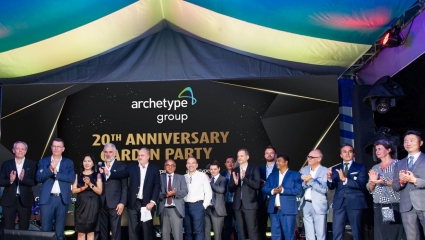
Archetype Group Celebrated 20 Years of Growth
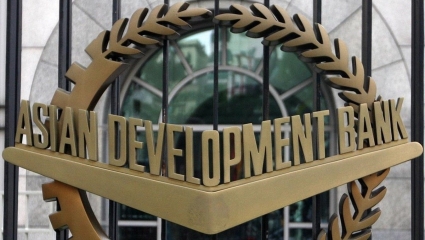
ADB, HAYAT KIMYA to Support for Women and Children’s Lives in Vietnam
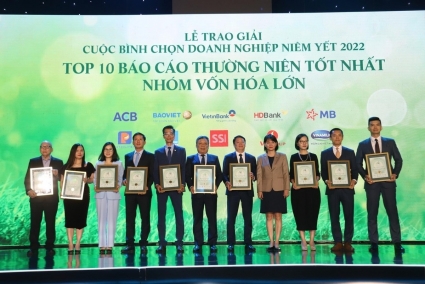
HDBank is the Large-Cap Listed Company With the Best Annual Report 2022
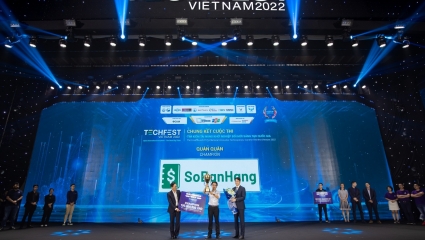
Sobanhang Excellently Won the Champion of National Innovative Technopreneur Contest
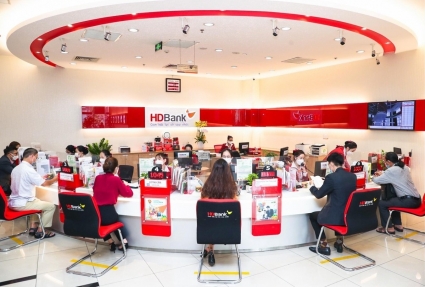
General Director of HDBank Continues to Rregister to Buy 1 Million of HDB Shares
